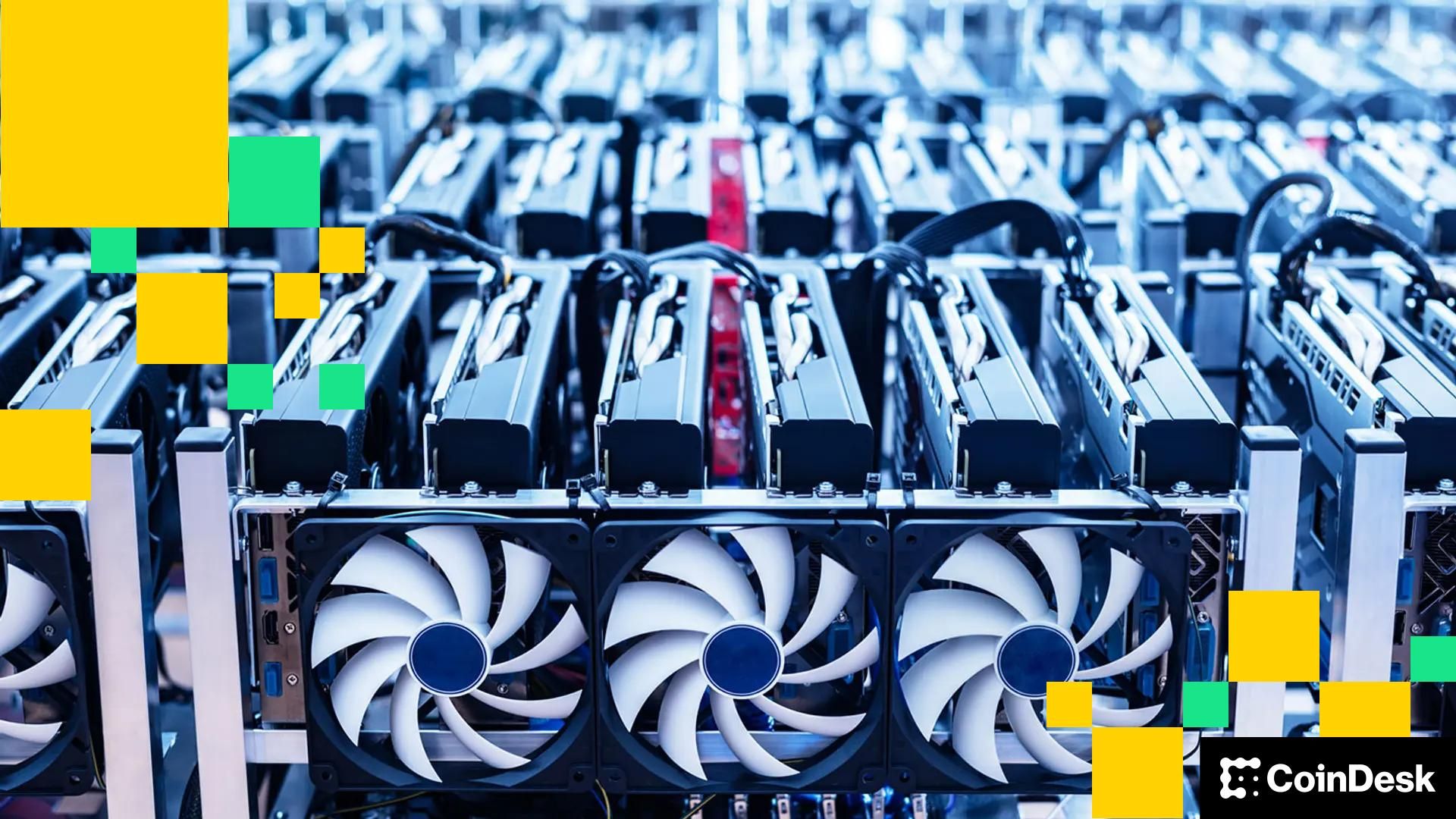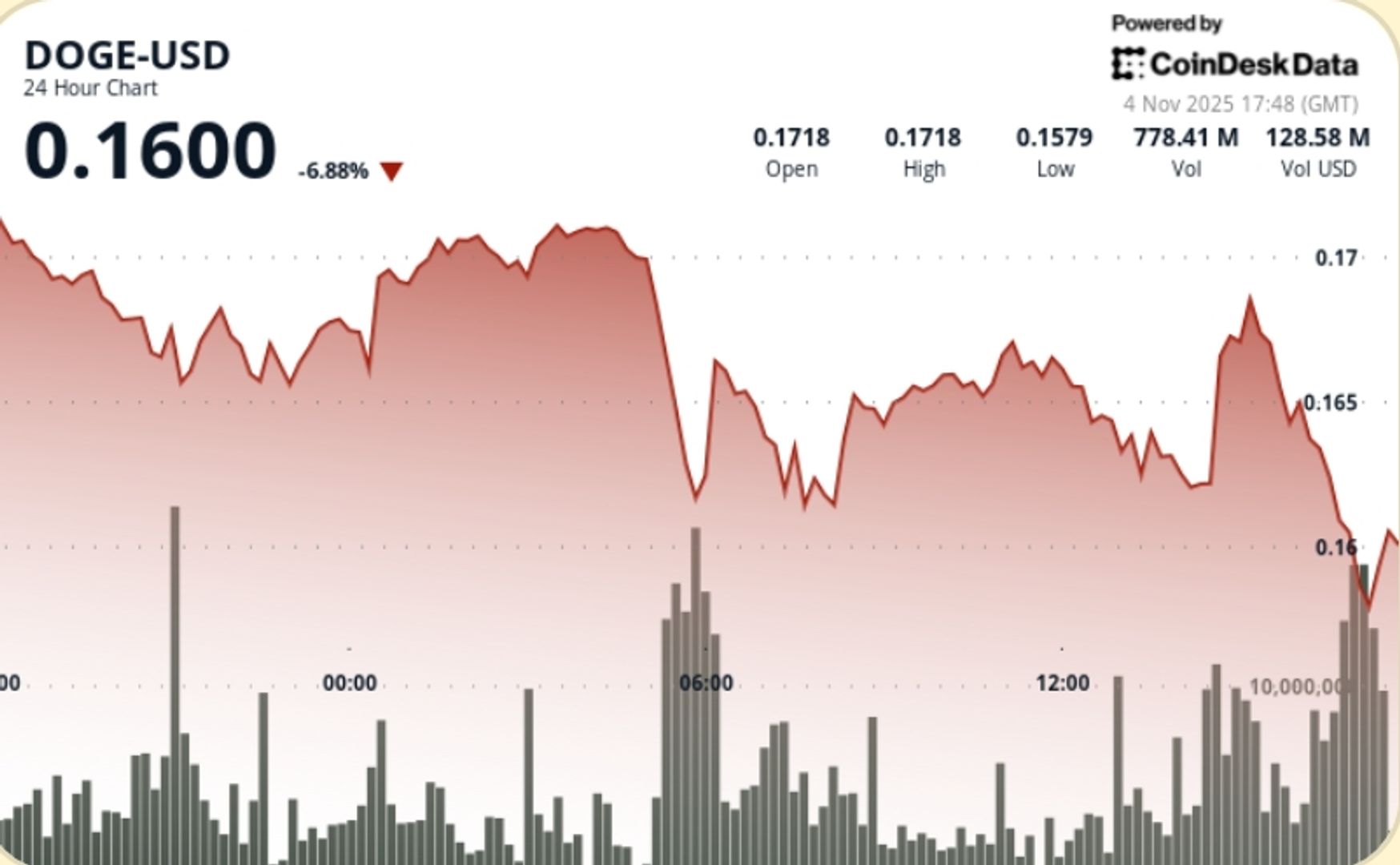China is pressing the Netherlands to move quickly to resolve the dispute over Nexperia, saying delays are already causing shortages of key car components and creating pressure on European manufacturing.
The conflict began when The Hague placed Nexperia under state supervision on September 30 to stop what it described as a risk of production moving from Europe to China.
Days later, Beijing halted exports of chips produced in the company’s Chinese factories, and automakers in Europe immediately began reporting supply issues.
Nexperia, which is headquartered in the Netherlands but owned by the Chinese technology firm Wingtech, manufactures basic semiconductors used widely inside vehicle electrical systems and everyday electronic devices.
These are not cutting-edge chips, but they are produced in huge quantities and are essential to keep assembly lines running. Once the export block was enforced on October 4, shipments stopped, and factories in Europe reported potential delays.
The Chinese Commerce Ministry confirmed Saturday that it has agreed to a request from the Dutch Ministry of Economic Affairs to send representatives to Beijing for direct talks.
A spokesperson for the Dutch ministry said the Netherlands is “conducting constructive talks” and will take “appropriate constructive steps” if needed, but declined to provide further detail, saying, “At this time we cannot discuss the content of the ongoing talks.”
Talks and temporary exemptions move forward
Beijing has started issuing temporary export permissions to certain automakers on a case-by-case basis, following a recent agreement with the United States.
These permissions are meant to prevent immediate disruptions in supply, but they depend entirely on Beijing’s approval. China said it expects the Netherlands to take measures to protect the interests of Chinese companies and to help stabilize supply chains.
At the European level, EU Trade Commissioner Maroš Šefčovič said on Saturday that progress has been made in restoring chip deliveries tied to Nexperia. Maroš said the Chinese Commerce Ministry confirmed that export procedures would now be simplified.
Companies would be exempt from licensing paperwork as long as they say the chips are for civilian use. “This measure takes effect immediately,” Maroš posted publicly.
Despite that, Beijing also said that the Netherlands has not yet carried out meaningful action to address what it views as rights violations against Chinese firms.
It said the Dutch government should stop interfering in company operations through state administration. It also confirmed that it approved the Dutch request to send officials to China for consultations.
Europe’s auto industry seeks stability
The cause of the dispute remains the Dutch decision on September 30 to place Nexperia under state control because of concerns tied to its ownership by Wingtech.
Once this was done, Beijing responded by halting exports from Nexperia factories in China, leading to concerns among European car manufacturers that rely heavily on these chips.
Several companies have since reported they were granted permission to receive shipments again, but the process is slow and uncertain.
Šefčovič said the European Commission will stay in close contact with both China and the Netherlands to establish a framework that ensures steady semiconductor flows going forward. He emphasized stability and predictability as necessary for Europe’s industrial sector.
German Chancellor Friedrich Merz, speaking Saturday in Belém on the sidelines of the COP30 climate talks, said, “It seems the way is now open for a resumption of deliveries.” Friedrich said he had spoken again with Dutch caretaker Prime Minister Dick Schoof about the issue.
The smartest crypto minds already read our newsletter. Want in? Join them.
















 English (US)
English (US)